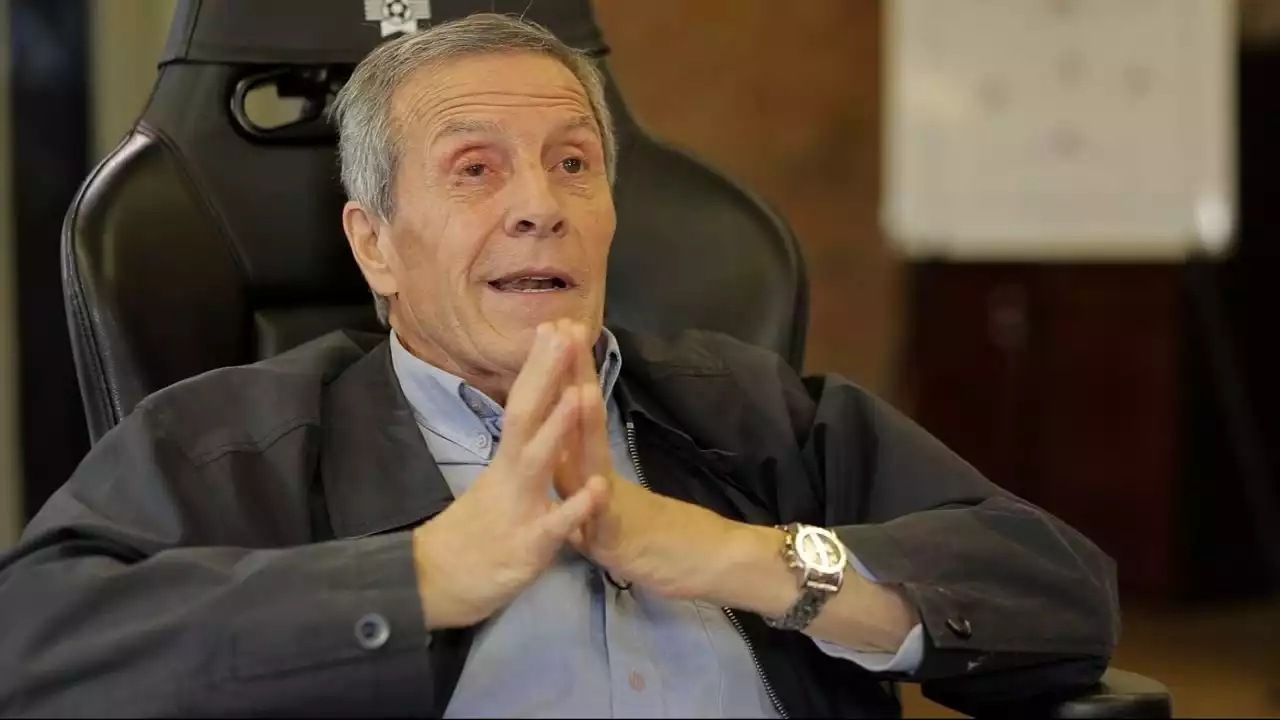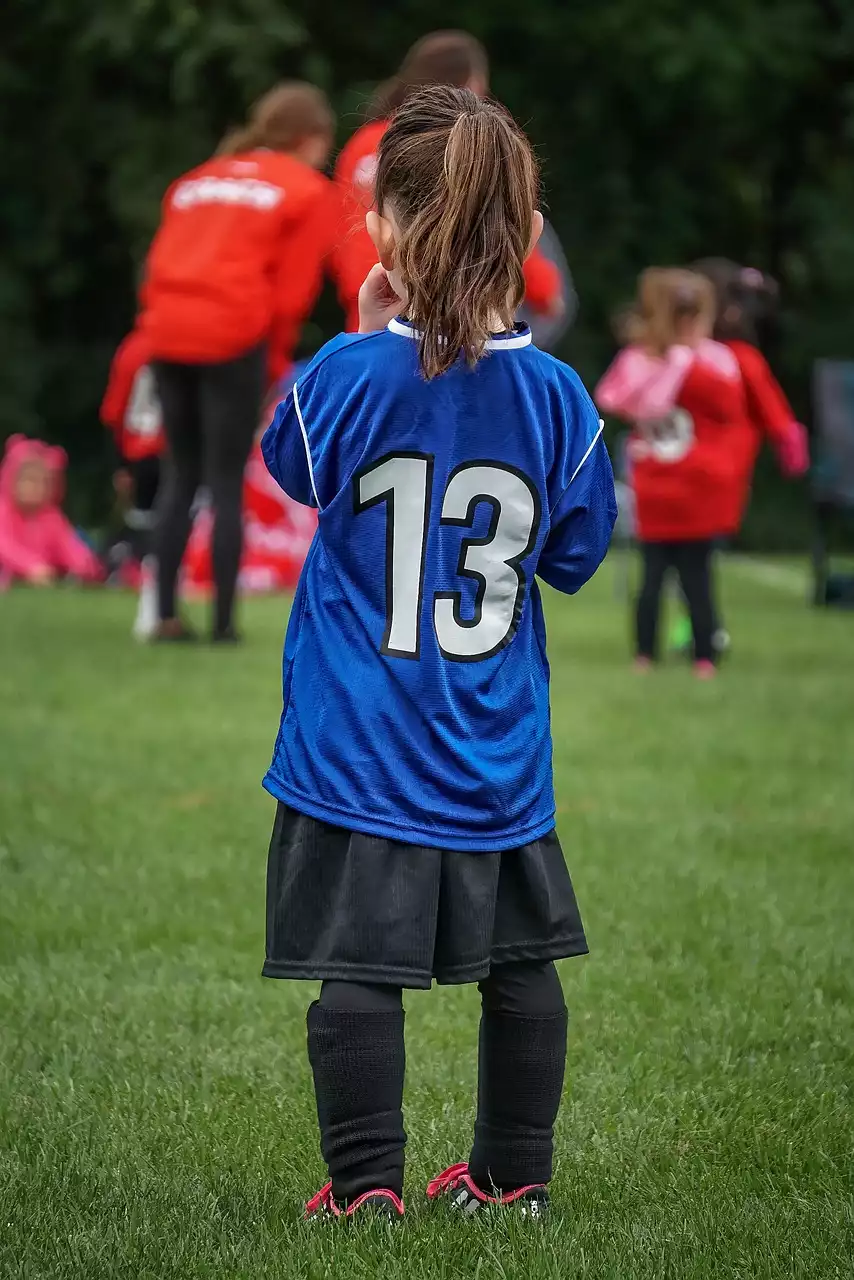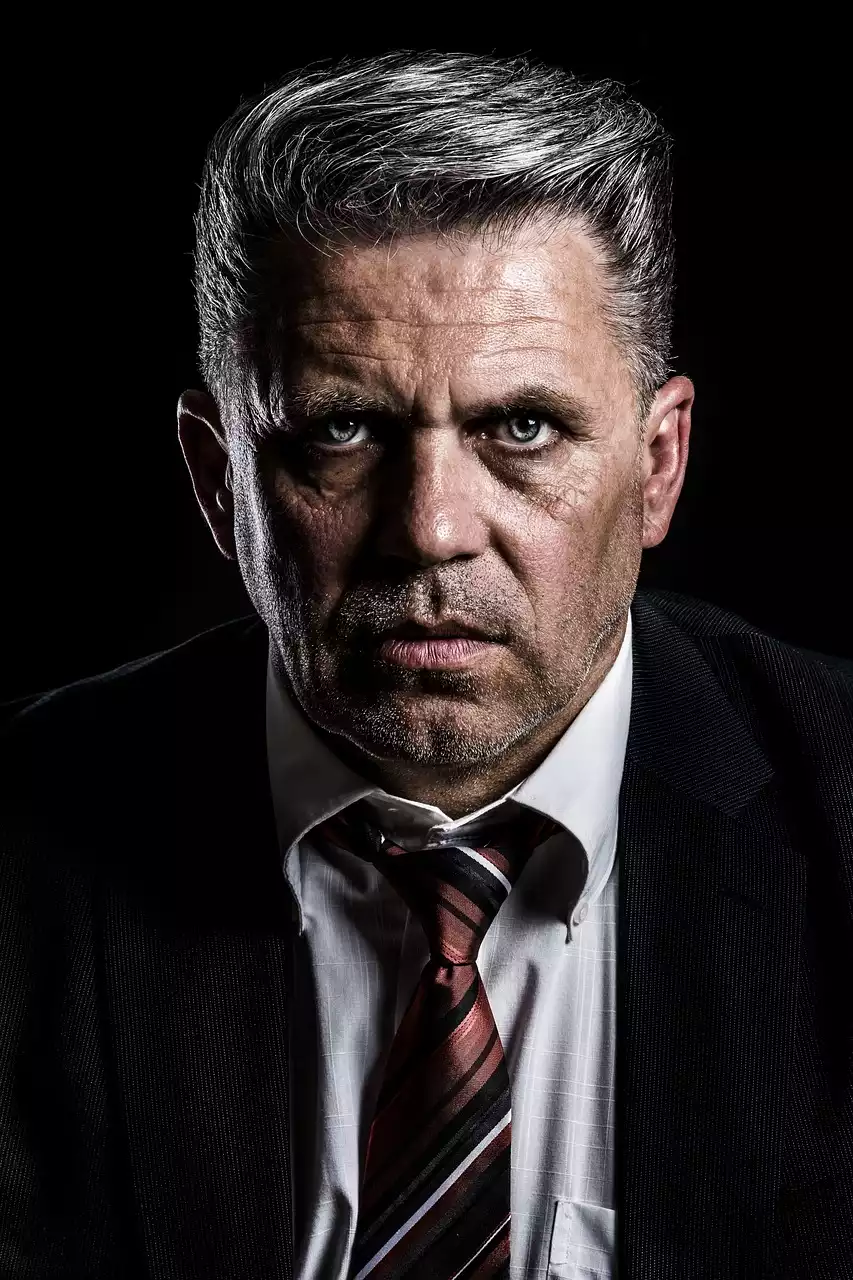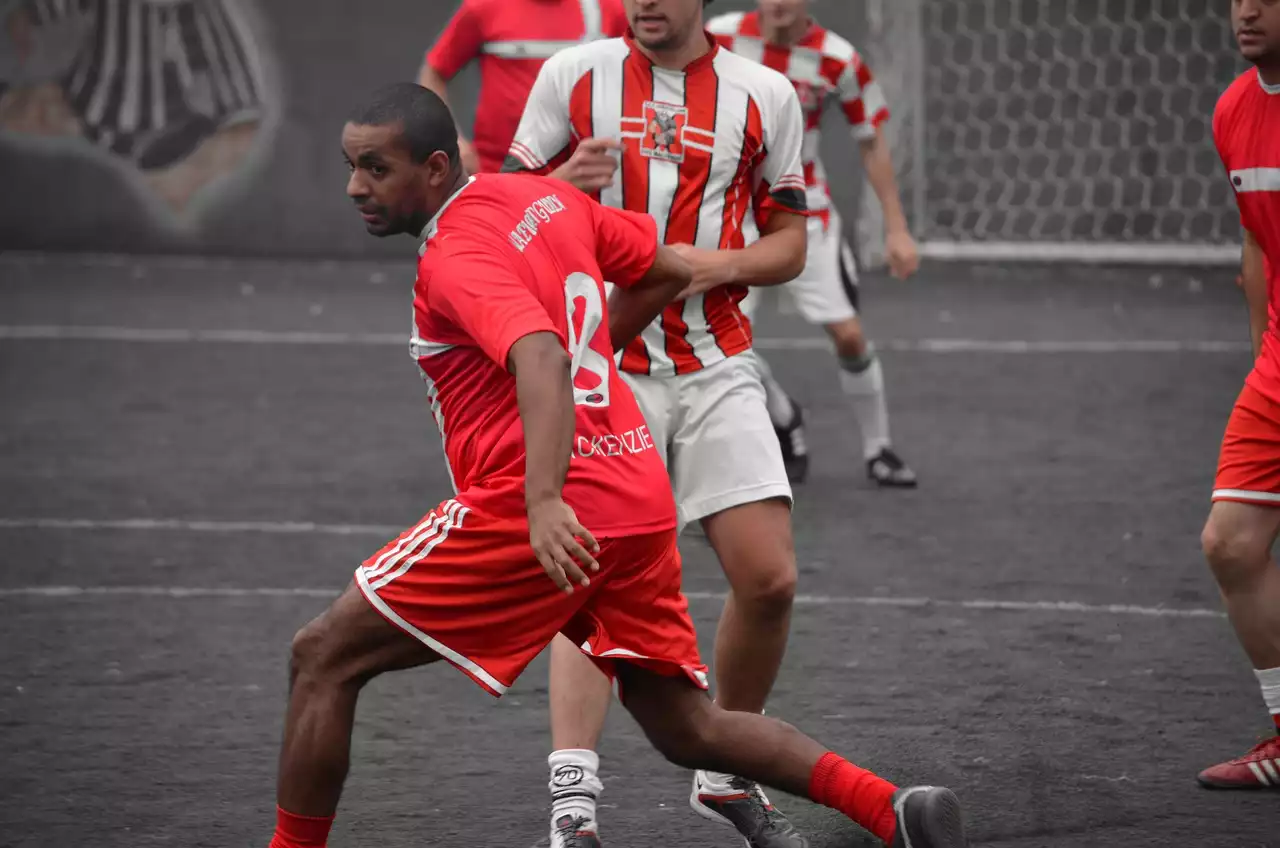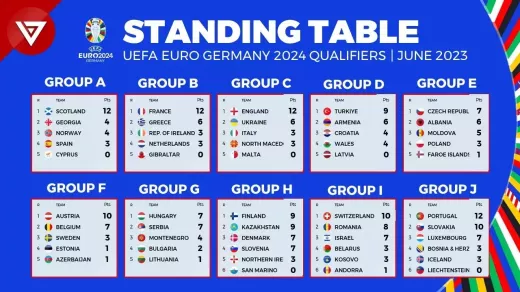The most successful coaches in Uruguayan football history
Uruguayan football has seen its fair share of successful coaches throughout its history. One name that immediately comes to mind is Óscar Tabárez. Known affectionately as "El Maestro," Tabárez has achieved remarkable success both domestically and internationally. He has been the head coach of the Uruguayan national team since 2006, leading them to victory in the Copa America in 2011 and reaching the semifinals of the FIFA World Cup in 2010. Tabárez's ability to instill discipline, tactical acumen, and a strong team spirit has made him one of the most respected coaches in the world.
Another coach who has left an indelible mark on Uruguayan football is Juan López. López, known as "El Brujo," had a highly successful managerial career, most notably with Club Nacional de Football. Under his guidance, Nacional won numerous Uruguayan Primera División titles and reached the final of the Copa Libertadores. López's tactical prowess and ability to identify and develop young talent were instrumental in the success of his teams.
Moving on to the modern era, Gustavo Poyet has emerged as one of the most promising young coaches in Uruguayan football. Poyet, who had a successful playing career in Europe, has managed various clubs in England and Spain. His tactical flexibility and emphasis on fluid attacking play have earned him accolades and recognition as a rising star in coaching. With his ability to adapt to different playing styles and extract the best out of his players, Poyet is undoubtedly a coach to watch out for in the future.
Noteworthy achievements of coaches in domestic competitions
Uruguayan football has a fiercely competitive domestic league, and the achievements of coaches in these competitions cannot be overlooked. One coach who stands out in this regard is Héctor Scarone. Scarone, one of the pioneers of Uruguayan football, enjoyed a highly successful managerial career with Club Nacional de Football. He led Nacional to multiple Uruguayan Primera División titles, establishing them as one of the dominant forces in domestic football. Scarone's meticulous attention to detail, innovative tactics, and ability to inspire his players set him apart as one of the greatest coaches in Uruguayan football history.
Another coach who has left an indelible mark on domestic football is Jorge Fossati. Fossati, who had a successful playing career as a goalkeeper, transitioned into coaching and achieved remarkable success with various clubs in Uruguay. He led Club Nacional de Football to back-to-back Uruguayan Primera División titles and guided them to the final of the Copa Libertadores. Fossati's ability to bring out the best in his players, his tactical astuteness, and his emphasis on discipline and hard work made him a highly respected figure in Uruguayan football.
Coaches with successful runs in international competitions
Uruguayan coaches have also enjoyed success on the international stage, both with the national team and in continental competitions. One coach who stands out in this regard is Washington Tabárez, the brother of Óscar Tabárez. Washington Tabárez, commonly known as "El Negro," led the Uruguayan national team to victory in the Copa America in 1987. His tactical acumen, ability to motivate his players, and emphasis on team unity were instrumental in Uruguay's success in the tournament. Tabárez's achievement in winning the Copa America remains one of the highlights of Uruguayan football history.
Moving on to continental competitions, Luis Cubilla is a coach who made a significant impact. Cubilla, affectionately known as "El Negro Jefe," achieved success both as a player and a coach. He guided Club Nacional de Football to three Copa Libertadores titles, establishing them as one of the most successful clubs in South American football. Cubilla's tactical innovations, ability to adapt to different playing styles, and his knack for getting the best out of his players were key factors in Nacional's success in continental competitions.
Impactful coaching strategies and tactics
Coaches in Uruguayan football have often been known for their innovative strategies and tactics. One coach who exemplified this is Roque Máspoli. Máspoli, who had a successful playing career as a goalkeeper, transitioned into coaching and introduced a revolutionary tactical approach known as the "W-M" system. This formation, which focused on defensive solidity and fluid attacking play, revolutionized Uruguayan football and influenced coaches around the world. Máspoli's tactical innovations brought success to the clubs he managed and set a new standard for coaching in Uruguay.
Another coach who made a significant impact with his tactical approach is Gregorio Pérez. Pérez, known for his meticulous attention to detail and emphasis on discipline, achieved remarkable success with Club Nacional de Football. He introduced a highly organized and disciplined playing style that prioritized defensive solidity and quick counter-attacking play. Pérez's tactical approach brought success to Nacional and influenced a generation of coaches in Uruguay.
The influence of legendary coaches on Uruguayan football
The impact of legendary coaches in Uruguayan football extends far beyond their managerial records. These coaches have played a crucial role in shaping the footballing identity of the nation and inspiring future generations. One such coach is Óscar Washington Tabárez. Tabárez, who has been at the helm of the Uruguayan national team for over a decade, has not only achieved remarkable success but has also instilled a sense of pride, unity, and discipline in his players. Tabárez's emphasis on the values of hard work, humility, and team spirit has become synonymous with Uruguayan football and has had a lasting impact on the sport in the country.
Another coach who has left a lasting legacy is Héctor Scarone. Scarone, as both a player and a coach, was instrumental in establishing Club Nacional de Football as one of the most successful clubs in Uruguayan and South American football. His relentless pursuit of excellence, tactical innovations, and ability to inspire his players set a new standard for success in Uruguayan football. Scarone's legacy continues to inspire coaches and players alike, shaping the future of the sport in the country.
Rising stars in coaching and their notable achievements
While the legendary coaches in Uruguayan football history have left an indelible mark, there are also rising stars who are making waves in the coaching world. One such rising star is Diego Alonso. Alonso, who had a successful playing career as a striker, has transitioned into coaching and achieved success with various clubs in Mexico. He led Club Pachuca to victory in the CONCACAF Champions League, showcasing his tactical acumen and ability to develop young talent. Alonso's success has earned him recognition as a promising young coach and has put him on the radar of top clubs around the world.
Another rising star in coaching is Mauricio Larriera. Larriera, who had a relatively short playing career, has quickly established himself as one of the most promising young coaches in Uruguay. He guided Club Plaza Colonia to their first-ever top-flight title, defying the odds and showcasing his tactical nous. Larriera's ability to extract the best out of his players, his innovative tactical approach, and his commitment to developing young talent have earned him accolades and recognition as a coach to watch in the future.
The role of coaches in developing young talent
Coaches in Uruguayan football play a crucial role in developing young talent and nurturing the next generation of players. One coach who has excelled in this regard is Gustavo Munúa. Munúa, who had a successful playing career as a goalkeeper, has transitioned into coaching and has been instrumental in the development of young players at Club Nacional de Football. Under his guidance, numerous young players have blossomed and gone on to achieve success both domestically and internationally. Munúa's ability to identify and nurture young talent, his emphasis on technical development, and his commitment to instilling a winning mentality have made him a highly respected figure in Uruguayan football.
Another coach who has made significant contributions to the development of young talent is Juan Verzeri. Verzeri, who has worked extensively with youth teams, has played a crucial role in shaping the future of Uruguayan football. His commitment to developing players' technical skills, tactical understanding, and mental resilience has been instrumental in the success of young Uruguayan players. Verzeri's ability to identify and nurture talent at a young age has earned him recognition as one of the top youth coaches in the country.
Challenges faced by coaches in Uruguayan football
While Uruguayan football has seen its fair share of success stories, coaches in the country also face several challenges. One of the biggest challenges is the limited financial resources available to clubs. Unlike some of the top European leagues, Uruguayan clubs operate on relatively small budgets, which restricts their ability to attract top talent and invest in infrastructure and facilities. Coaches in Uruguay often have to work with limited resources and find innovative ways to develop and compete against more financially powerful clubs.
Another challenge faced by coaches in Uruguayan football is the constant pressure to deliver results. Football is a highly passionate and competitive sport in Uruguay, and expectations are high. Coaches are often under immense pressure to achieve success and face criticism when results do not meet expectations. This constant pressure can take a toll on coaches' mental and emotional well-being, requiring them to have resilience and strong leadership skills to navigate the challenges.
The legacy of coaches in Uruguayan football
The legacy of coaches in Uruguayan football is one that is deeply intertwined with the nation's footballing identity. From the pioneering tactics of Roque Máspoli to the managerial records of Óscar Tabárez and Héctor Scarone, the influence of these coaches is felt both on and off the field. Their tactical innovations, ability to develop young talent, and commitment to excellence have set a new standard for success in Uruguayan football. The legacy of these coaches continues to inspire future generations and shapes the future of the sport in the country.
The managerial records of coaches in Uruguayan football are a testament to the rich footballing history and passion for the sport in the country. From the most successful coaches to rising stars, their achievements, strategies, and impact on the sport are noteworthy. Coaches in Uruguay face challenges, but their resilience and dedication to the development of young talent continue to shape the nation's footballing identity. As we reflect on the remarkable achievements of these coaches, we are reminded of the lasting impact they have had on Uruguayan football and their contributions to the sport's legacy.
